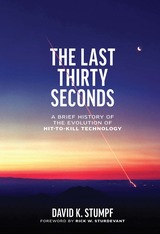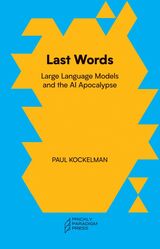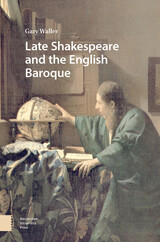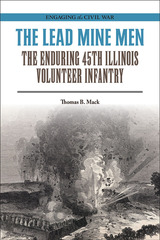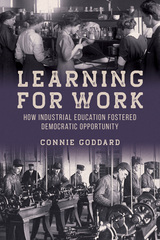
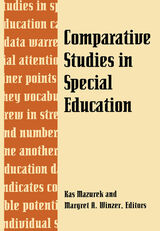

The psychology of thinking has traditionally been in the business of making comparisons between different groups of people. On the whole, these comparisons have rendered a substantial body of knowledge; but all too often, they have suffered the pitfalls of faulty organizational logic and unfounded or invidious conclusions. In this extraordinarily clear and critical introduction, Michael Cole and Barbara Means out the problems involved in comparing how people think. They show, for example, how variables confounded with the constitution of two groups can lead to the wrong interpretation of group differences. More subtly, they demonstrate how cognitive differences between groups can destroy the equivalence of the tests used to make comparisons. They also discuss the unfortunate way that observed differences between groups have led to prejudicial interpretations in which mental differences are transformed into mental deficits.
Cole and Means illustrate all these problems with a rich variety of examples drawn from the research literature in comparative cognition. Because they use real examples. Cole and Means offer much more than the usual banal remedies for improving research design. Instead of merely telling the student to run the right control groups, for example, they show how theory enters into the selection of appropriate controls and how atheoretic comparative work can easily run amok.
It is a rare event when seasoned researchers take time to tell the novice how to avoid the problems of previous research. Comparative Studies of How People Think provides just such an event.

Charles Kindleberger, an international economic specialist, seeks in this book to show how economic history and economic analysis can interact, giving particular attention to the question of how history can be used in a comparative setting to test economic models for generality. His history and examples span the seventeenth to the twentieth century. The important and unexpected result is to show how the applicable economic model in given instances is strongly conditioned by social, socio-psychological, and political settings in which a given stimulus elicits a particular response. As a by-product, Kindleberger throws light on the political economy of Western European states, especially in international economic dimensions, but also in technological change, scientific education, and economic growth.
In these spirited and lucid essays, Kindleberger discusses related and abiding economic questions: whether the creation of a world financial center is inevitable; what the possible bases for free trade are; how insights can be gained into present day multinational corporations; and how information networks can maximize benefits in trade, and can affect the quality of output, costs, and economies of scale.
Part of the author's interest is methodological. He believes that the comparative method—studying the same rather restricted problem in comparable economies in a fixed regional and temporal setting—yields richer insights than those available from the history of the single economy. While his own studies are limited to merchants, tariffs, free trade, capital markets, and ports, a methodological introductory chapter discusses a wider range of applications.
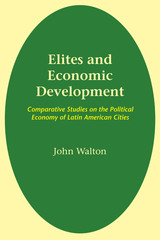
This book is a detailed comparative analysis of development politics in four urban regions of Latin America, two in Mexico and two in Colombia. John Walton has based his studies on the assumption that the problems of economic growth are essentially political, that is, are problems of choice, decision-making, and the exercise of power. His fundamental purpose has been to discover how elites of different kinds are more and less successful in the promotion of economic development, which he defines as a process in the organization of a society leading not only to higher levels of efficient output but also to a more equitable distribution of benefits.
At the time, the four cities compared were the second- and third-largest metropolitan areas in each country, Guadalajara and Monterrey in Mexico, Medellín and Cali in Colombia. This selection allows the author to pair, across countries, cases of early and large-scale industrialization (Monterrey and Medellín) with cases of more recent industrial growth in agricultural-commercial centers (Guadalajara and Cali). Walton presents historical introductions to each of the regions and integrates these with original fieldwork and interviews with more than three hundred members of the political and economic elites.
The findings are extensive, but in general they demonstrate that where political and economic power is more broadly distributed, where elites are more open and accessible, and where organizational life is more active and coordinated, regions tend to develop qualitatively as well as quantitatively, showing increases both in productivity and in such benefits as public services, housing, education, and a more balanced distribution of income. If these characteristics are absent, regions may be industrialized but do not provide a broad sharing of the benefits. Walton places a good deal of emphasis on the role of foreign investments, demonstrating that the more penetrated regions are also the less developed.
Finally, the results of these studies are used to evaluate and advance theories of underdevelopment and particularly of economic dependency.

Bernard Fenik analyzes the style of the Iliad and the Nibelungenlied, showing how the narratives work. In the process he sheds new light on the artistry of ancient and medieval epics. This in turn touches on the long-debated question of whether and to what extent they were orally composed.
In the Homeric poems, medieval German epics, and the Chanson de Roland, Fenik finds similarities in the shaping of episodes and scenes. His analysis of narrative structures reveals controlled composition even where the language is heavily formulaic and the action highly stylized. This level of artistic control does not in itself rule out oral composition but does force a redefinition of the terms in which that theory is applied.
READERS
Browse our collection.
PUBLISHERS
See BiblioVault's publisher services.
STUDENT SERVICES
Files for college accessibility offices.
UChicago Accessibility Resources
home | accessibility | search | about | contact us
BiblioVault ® 2001 - 2024
The University of Chicago Press


